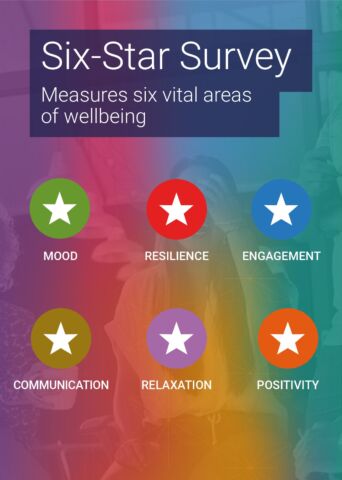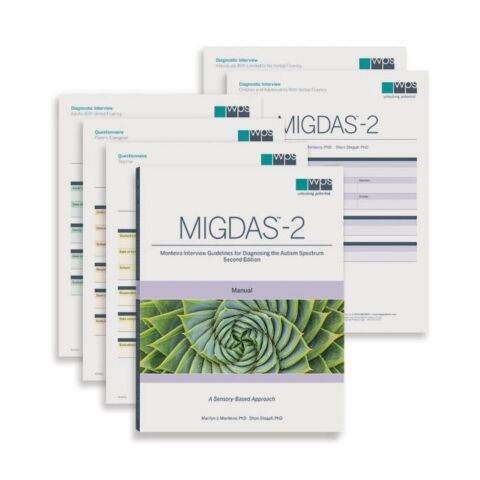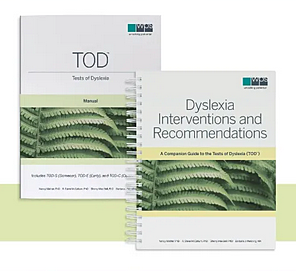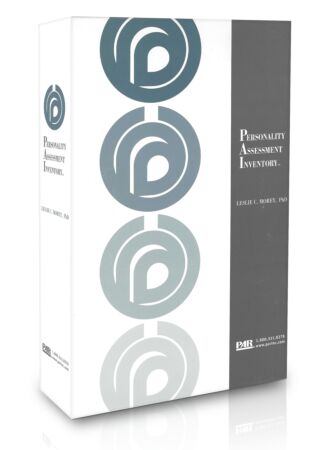Personality Assessment Inventory (PAI & PAI-Plus)
Author(s) : Leslie C. Morey
Publisher : PAR 1991/2010
SKU : PG_QBC
Purpose: To comprehensively assess adult psychopathology
Age: 18-89 years
Time: 50-60 minutes
Administration: Individual and group
The Personality Assessment Inventory (PAI) is a self-administered inventory that assesses psychopathological syndromes and provides information relevant for clinical diagnosis, treatment planning, and screening for psychopathology.
The 344 PAI items constitute 22 non-overlapping scales covering the constructs most relevant to a broad-based assessment of mental disorders:
- Four validity scales
- 11 clinical scales
- Five treatment scales
- Two interpersonal scales.
To facilitate interpretation and to cover the full range of complex clinical constructs, 10 scales contain conceptually derived subscales.
PAI Scales and Subscales
- Clinical scales: Provide critical diagnostic features of 11 important clinical constructs. These 11 scales may be divided into three broad classes of disorders: those within the neurotic spectrum, those within the psychotic spectrum, and those associated with behaviour disorder or impulse control problems.
- Treatment scales: Indicate potential complications in treatment. These five scales include two indicators of potential for harm to self or others, two measures of the respondent’s environmental circumstances, and one indicator of the respondent’s motivation for treatment.
- Interpersonal scales: Provide valuable information regarding the client’s relationships and interactions. Interpersonal style is assessed along two dimensions: a warmly affiliative versus a cold rejecting style, and a dominating/controlling versus a meekly submissive style.
- Two scales assess pathology. The Borderline Features scale is the only PAI scale that has four subscales, reflecting the factorial complexity of the construct. The Antisocial Features scale includes three subscales: one assessing antisocial behaviours and the other two assessing antisocial traits.
The PAI Critical Items Form alerts you to issues that require immediate attention. This form lists 27 items (distributed across nine content areas) that suggest behaviour or psychopathology that may demand immediate attention. They are identified as critical based on two criteria: indications of a potential crisis situation and a very low endorsement rate in normal individuals.
Revised Materials - 2010
- PAI Professional Manual 2nd ed.: Addresses many areas of additional study and research, includes an expanded discussion of administration considerations and a variety of strategies for the interpretation of clinical data.
- The 2nd ed. Professional Manual now includes both the original reliability and validation studies of the instrument and pertinent reliability/validity data from important subsequent research studies of the original PAI scales as well as the supplemental scales and indexes.
- PAI Profile Form – Adults: Revised to provide a simpler and easier method of translating PAI raw scores to T scores for all scales, subscales, supplemental scales, and indexes, as well as for plotting the pattern of test results.
- Critical Items Form–Revised: Consisting of 27 items, this revised form eliminates several overlapping items and includes six new items that are particularly valuable for assisting with PAI profile interpretation. The original Critical Item content areas have been retained, and two new content areas (Response Set and Idiosyncratic Context) have been added.
Introducing the PAI PLUS on PARiConnect
In addition to the scoring software that is available, the PAI can be administered and scored online via PARiConnect – all PARiConnect purchases made directly through ACER include dedicated local support.
The PAI Plus takes the existing PAI items and gives users an updated way to interpret the data. Using the PAI, the new report offers:
- DSM-5® update: Updated diagnostic possibilities align with the criteria.
- Alternative Model Profile: An optional new profile scores in accordance with the Alternative Model for Personality Disorders.
- Additional supplemental indices: Based on years of academic research, 15 new supplemental indices provide additional profile information related to negative and positive distortion and random responding. Supplemental clinical indicators provide profile information related to suicidality, aggression, level of care, presence of ADHD, and more.
- Context-specific norm groups: Including profile overlays for bariatric surgery candidates, child custody evaluations, chronic pain patients, college students, deployed military, egg donors/gestational carriers, motor vehicle accident claimants, police applicants, and potential kidney donors. This profile is overlayed onto the examinee’s profile to allow for comparison.
- Updated report: An updated look and feel create a streamlined and modern-looking report
Contact us today to set up your PARiConnect account.
Sample PAI PLUS Clinical Interpretive Report
The following qualifications are required to access this product. Please
login or register to proceed
Please contact ACER Customer Service on +61 3 9007 2048 if you have any queries.
Psychologist (P)
- A registered psychologist with AHPRA registration number
- Please Note: If purchasing ADOS-2 materials, it is recommended that registered psychologists complete ADOS-2 Training.
Provisional Psychologist (PS)
A provisional psychologist with:
- Supervisor’s APHRA registration number
- Letter outlining supervisory arrangements
- APHRA registration number















